#recalls
Lotta Auto Recalls This Week
If the industry is trying to shake the growing assumption that modern vehicles aren’t as reliable as their predecessors, it certainly did a poor job of it this week.
Hyundai Recalls Over 100K Palisades
Hyundai has recalled almost 123,000 Palisade crossover SUVs due to a windshield-wiper motor issue.
23,555 More Ferraris Recalled Over Brake Failure Risk
Ferrari has recalled 23,555 vehicles manufactured between 2005 and today, representing a sizable chunk of the brand's output. As with the recall Ferrari issued in October of 2021, the company remains worried about the potential of dangerous brake failure. Though your author imagines the physical threat this actually presents to vehicle owners is limited, because most Ferrari products spend their entire lives in climate-controlled garages as motionless baubles.
Still, it may pose some amount of risk to in-house mechanics and multi-millionaires who actually drive their collectible cars and aren't Jay Leno (he's sworn off the brand). So it's likely better for Ferrari to notify the public than simply playing the odds that nobody will notice for another 15 years.
Report: Traffic Death in Florida Could Be Related to Takata Airbags
The Takata airbag story just won't die.
It's been almost 10 years since the National Highway Traffic Safety Administration started one of the largest recalls in automotive history. That recall centered on airbag supplier Takata.
Toyota Quiet About Potential Engine Problems With GR86
According to a new report, at least some Toyota GR86s are suffering from lubrication issues.
One driver even claims Toyota refused to pay for a new engine, accusing him of abusing it on track.
Honda Recalls 112K Ridgelines Due to Possible Fuel Tank Detachment
Honda is recalling more than 112,000 Ridgeline pickup trucks for gas tank straps that can rust away over time and potentially break loose from the frame, causing a leak or possibly a fire.
Ram, Jeep EcoDiesel 3.0s Recalled for Fuel Pump Failures
Stellantis has issued a recall of nearly 140,000 Jeep and Ram models equipped with the 3.0-liter, six-cylinder EcoDiesel engine due to a potentially faulty high-pressure fuel pump which could render the vehicles inoperable.
Toyota and Subaru Recalling EVs Over Loose Wheels
Toyota and Subaru are recalling their new all-electric models, though EV fans will be pleased to know that the issue has nothing to do with the battery packs. Instead, the affected vehicles run the risk of losing their wheels under sudden braking or sharp turns — which I suppose isn’t much of an improvement over the possibility of an electrical fire.
The good news is that the problem is limited almost entirely to demo models of the Toyota bZ4X and Subaru Solterra the companies wanted to use for promotional purposes. While they may eventually have found their way into residential garages, the original intent was to have them attend trade events and serve as test models on dealership lots. That’s likely to remain the plan, too. But only after the automakers comply with the demands of Japanese regulators.
Report: 50 Million U.S. Cars Still Subject to Recalls
The latest data from Carfax has indicated that roughly 50 million U.S. vehicles presumed to still be in operation still have outstanding recalls that have yet to be addressed. Though the good news is that this represents a 6 percent decline from 2021 and a meaningful 19 percent drop against 2017.
Still, the metrics may not be wholly down to better communication on the part of the manufacturer and people taking recall notices more seriously. Between 2013 and 2015, the average number of U.S. vehicles and equipment subjected to recalls per year went from 26.3 million to 83.6 million. While the annual averages have come back down since, recalls have remained substantially higher than in decades past.
Ford Recalling 'Mustang' Mach-E Over Battery Issues
On Monday, Ford Motor Co. notified dealers that it would be issuing a stop-sale notice for the all-electric “Mustang” Mach-E. The note made mention that the high-voltage contacts on the battery could overheat and cause malfunctions — potentially causing the vehicle to lose power while in operation or even fail to start.
Considering how absolutely wicked battery fires can become, this was likely a prudent move on the part of Ford. Over the last several years, EVs have been getting some negative attention for fires related to charging or battery failures of late and Blue Oval is likely aware that any mishaps with the Mach-E will be amplified as a result. Nipping this in the bud immediately is wise. However, the resulting recall has defaulted to the industry standard solution of issuing a software update on the affected models.
Audi, Chevrolet, GMC, Honda Among Latest String of Recalls
The U.S. National Highway Traffic Safety Administration (NHTSA) has listed its’ automotive recalls for June 2 through 9 and the list includes Audi, Chevrolet, Ford, GMC, and Honda vehicles for various types of recalls.
Goodyear Recalls Tire Nobody Uses Anymore
Goodyear has agreed to recall more than 173,000 intended for commercial delivery vehicles and RVs nearly two decades after the last one was manufactured. The company’s G159 tires have been under investigation by the National Highway Traffic Safety Administration (NHTSA) since December of 2017 and the recall comes in the wake of years of lawsuits alleging the rubber contributed to a series of fatal accidents dating back to 1998.
Despite no new claims having launched in years, court orders and settlement agreements delayed an order to make corporate data pertaining to the tire-buying public for five full years. The NHTSA didn’t even launch a formal investigation until late in 2017, followed by the recent announcement that the agency has pushed Goodyear into a recall for a tire that ended production during the Bush administration.
2021 Ford Bronco Investigated Over Reports of Engine Failure [UPDATED]
Complaints of “catastrophic engine failure” involving the 2021 Ford Bronco have led to the National Highway Transportation Safety Administration (NHTSA) initiating a Federal Safety Investigation.
Mercedes Recalling Almost One Million Cars Over Bad Brake Boosters
Over the weekend, Mercedes-Benz announced a global recall campaign encompassing nearly a million vehicles it believes could be afflicted with faulty brake boosters.
“We have found that in some of those vehicles, the function of the brake booster could be affected by advanced corrosion in the joint area of the housing,” the automaker explained in a statement.
While the issue is global, the United States is believed to account for roughly 300,000 units, with the National Highway Traffic Safety Administration (NHTSA) advising against driving any vehicle involved in the recall. Affected units will undoubtedly offer lowered braking performance and can even cause total brake failure in some instances. Rare or not, the NHTSA feels this one is simply too risky to chance.
Hyundai Recalls Accents, Elantras Due to Seatbelt Pretensioner Problems
Hyundai has widened a recall for so-called ‘exploding seatbelts’ to 239,000 vehicles. Model-year 2019-2022 Accents and 2021-2023 Elantras are the targets of the recall.




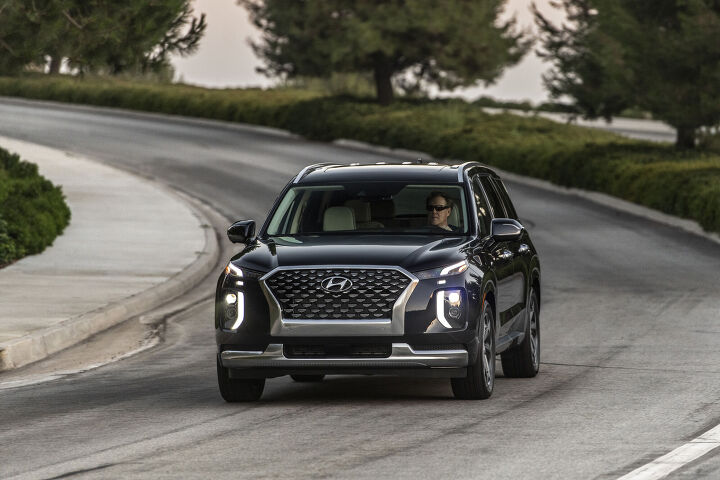
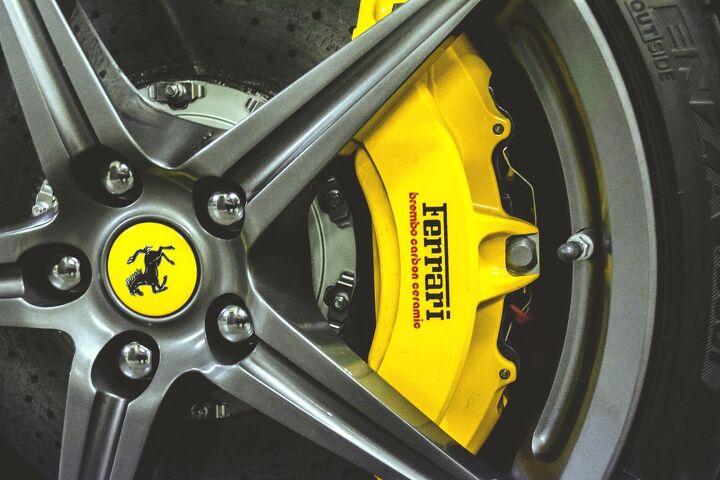
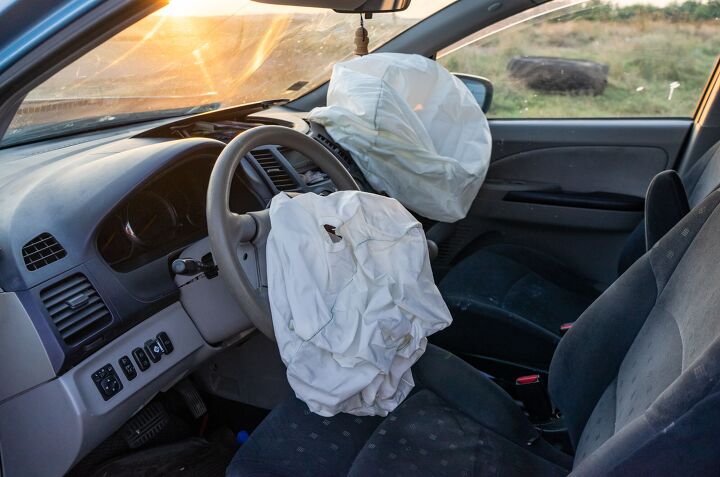



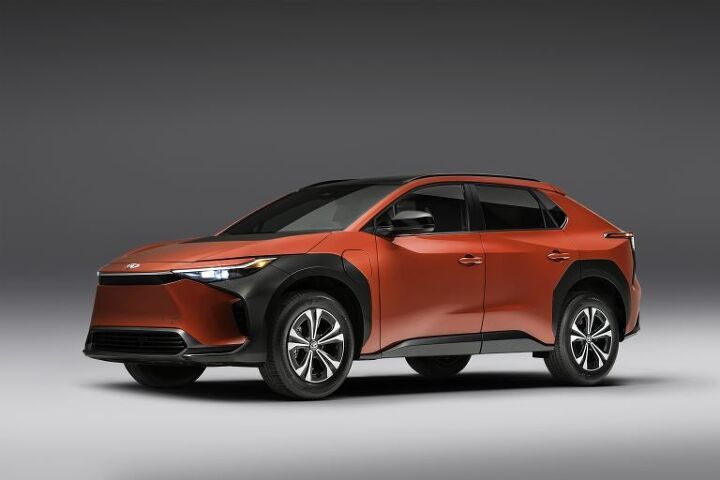
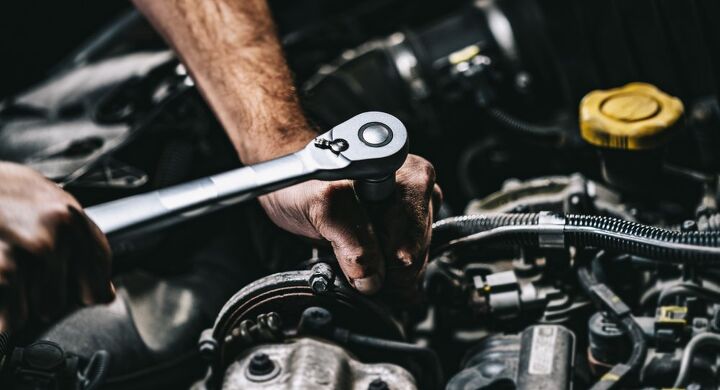

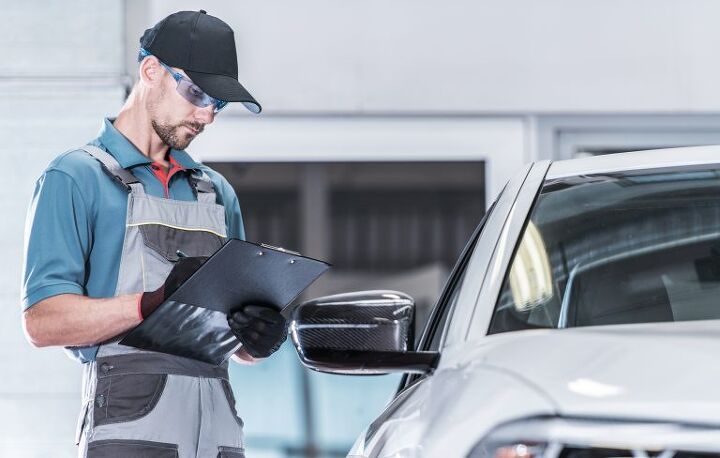

![2021 Ford Bronco Investigated Over Reports of Engine Failure [UPDATED]](https://cdn-fastly.thetruthaboutcars.com/media/2022/07/19/9149516/2021-ford-bronco-investigated-over-reports-of-engine-failure-updated.jpg?size=720x845&nocrop=1)
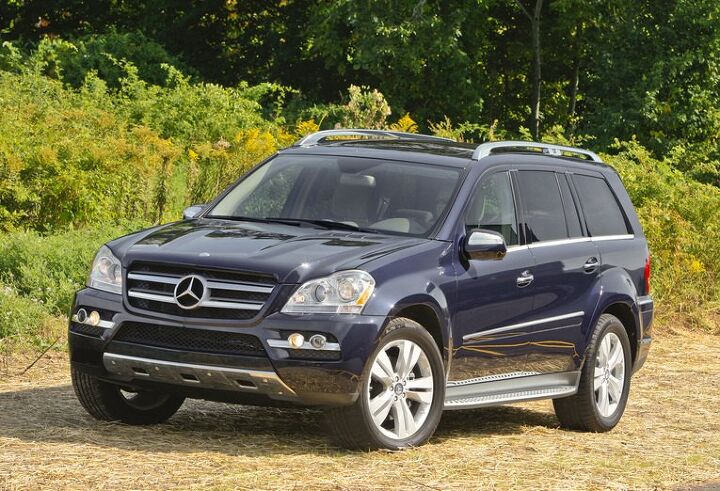












Recent Comments